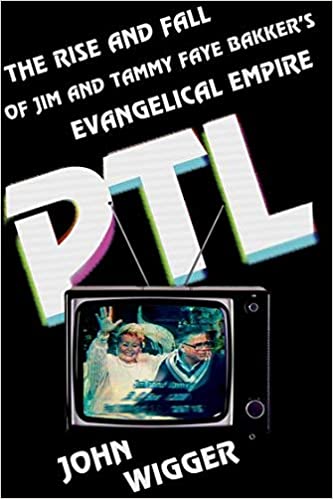For Graduate Students Wanting Excellent Job Recommendations (and because I am trying to not think about the election…)
I submitted eight letters of recommendation this morning. I submitted three over the weekend, and have about eight more to submit by November 15.
Writing student recommendations for graduate school, for grants and fellowships, and for jobs is part of my job as a tenured professor. It is a great deal of work. But it is work I am very happy to do. I have my PhD (which I am so thankful to have earned) and my job (which I love) because people wrote for me and helped me along the way. Now it is my turn to do that for my students.
I confess, though, some recommendations are much easier to write than others. (I need to pause and alleviate the fears of the students who I am currently writing for–all of you are wonderful and this article mostly doesn’t apply to you. So breathe.) The difference between the easier recs and the harder ones doesn’t really stem from the quality of the student. Yes, that does matter. But it doesn’t matter as much as you might think. So what makes the difference? It really is just one thing: how well I know the student outside of the classroom.
Let me explain.
Well-trained and well-published academics flood the current job market. The students I am writing for have to compete with advanced professionals who may be several years out from the PhD, have several semesters of teaching under their belt, and have articles in major journals and perhaps even published books with major presses (like Oxford and Yale). My letter needs to show how my students are worthy competitors.
The problem is that everyone has a great CV. Everyone has taught a class or two; everyone has a publication; and everyone has a really good research agenda. Heck, most people have significant fellowships and/or awards. So my letter really needs to be more than a rehashing of student accomplishments.
But how do I do this? How do I help my students stand out?
I have learned that in order to craft a meaningful narrative about the academic journey of a student, I really need to know that student outside the classroom. I need to have attended conferences with them and watched them answer questions about their research, perhaps even watched them engage in intelligent conversations with senior folk in their field. I need to have seen them serving their department or graduate school through campus events. I need to have chatted with them on more than one occasion about their fears, dreams, even failures. Why did they really want to come to graduate school?? I need to have watched them in the classroom, maybe even talked with them about grading. I need to have eaten with them, discussed fiction books (Dorothy Sayers is my favorite, by the way), maybe even got lost in London with them or at least shared Star Wars themed cake at an annual Christmas party (sorry, I really like Star Wars and I mostly host the parties, so I have Star Wars Christmas cakes…). All of these small interactions add up to a rich, full picture of someone who is more than just accomplishments–someone who is a potential colleague and friend.
In other words, graduate students need to start thinking early about potential recommenders and figuring out how to help craft the narrative that these recommenders will one day write. I have two concrete suggestions to help with this.
1). Ask for recommendations from faculty who know you well. Yes, it may be tempting to ask for a rec from that faculty who you once took a seminar with in an outside field that is relevant to the job description. But if you never had any other interaction with that professor and they know you solely from your seminar performance, I suggest you reconsider. At the very least, make sure you have at least 2 recs from faculty who really do know you well and can talk–in addition to your scholarship and teaching–about you as a person, as a colleague, as a friend.
2). Which means, you need to treat graduate school as a whole experience and not just a series of academic hurdles. Becoming an academic is certainly about research and teaching, but it is also about learning how to function with a community–a department community, a college community, a university community. So start learning as early as possible about governance (what about joining the Graduate Student Association?), about working on committees, about developing friendships that enrich you as a scholar and as a person. These experiences transform recommendations from mere descriptions into an actual person someone will want to hire.
3). Finally, don’t forget the details. You want to make sure your recommenders are happy and have as easy a job as possible. So give them all the information they need. Give them your CV, give them the individual job descriptions and information about each college/university, give them the deadlines for sending recommendations, give them your cover letters, give them what they should emphasize for each letter, give them the links to submit the recommendations, and give them reminders of the deadlines.
Getting an academic job is probably even harder than getting into graduate school. Excellent recommendations can make a big difference. I recommend you start thinking sooner rather than later about who will be telling your academic story….




